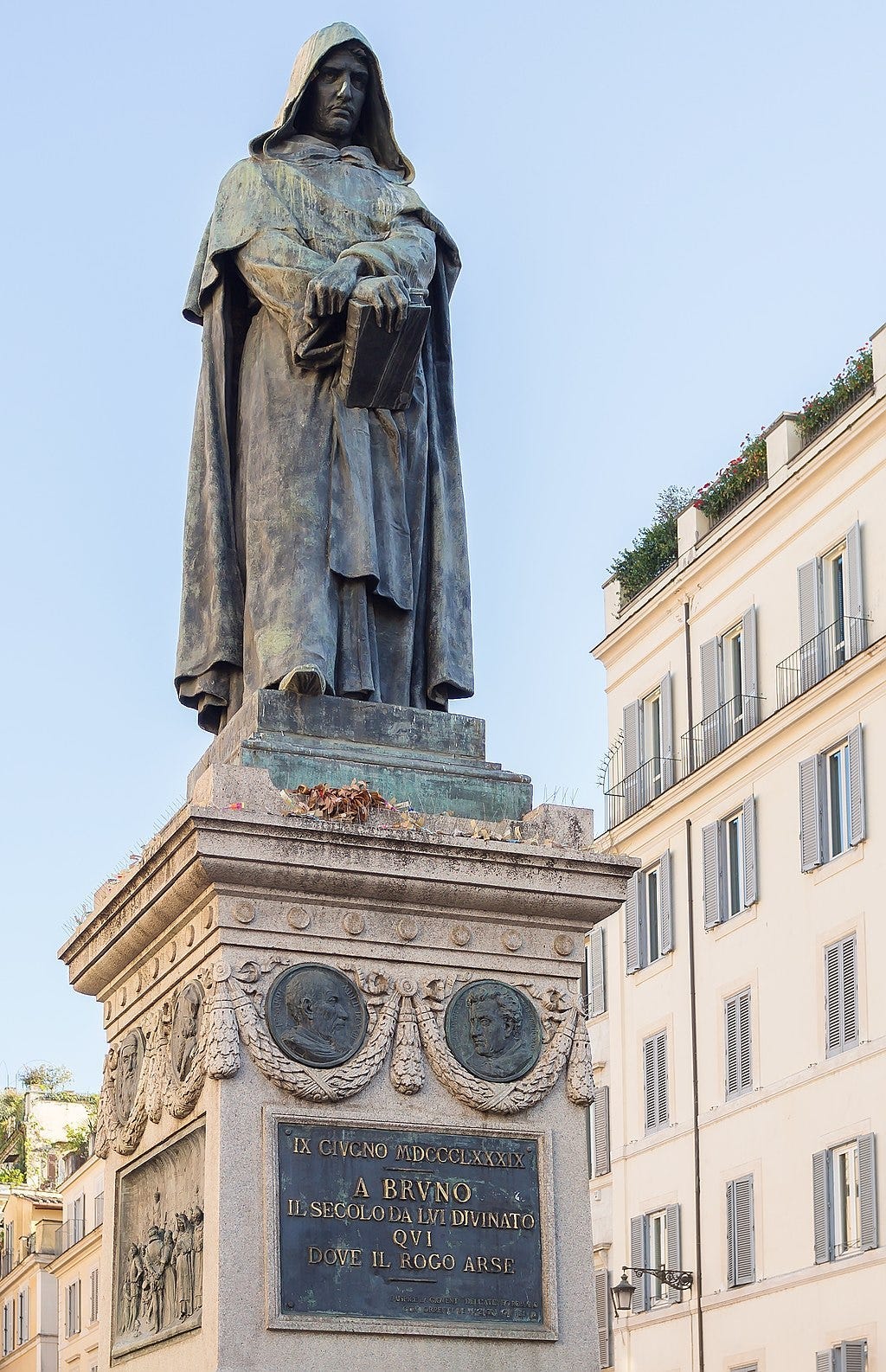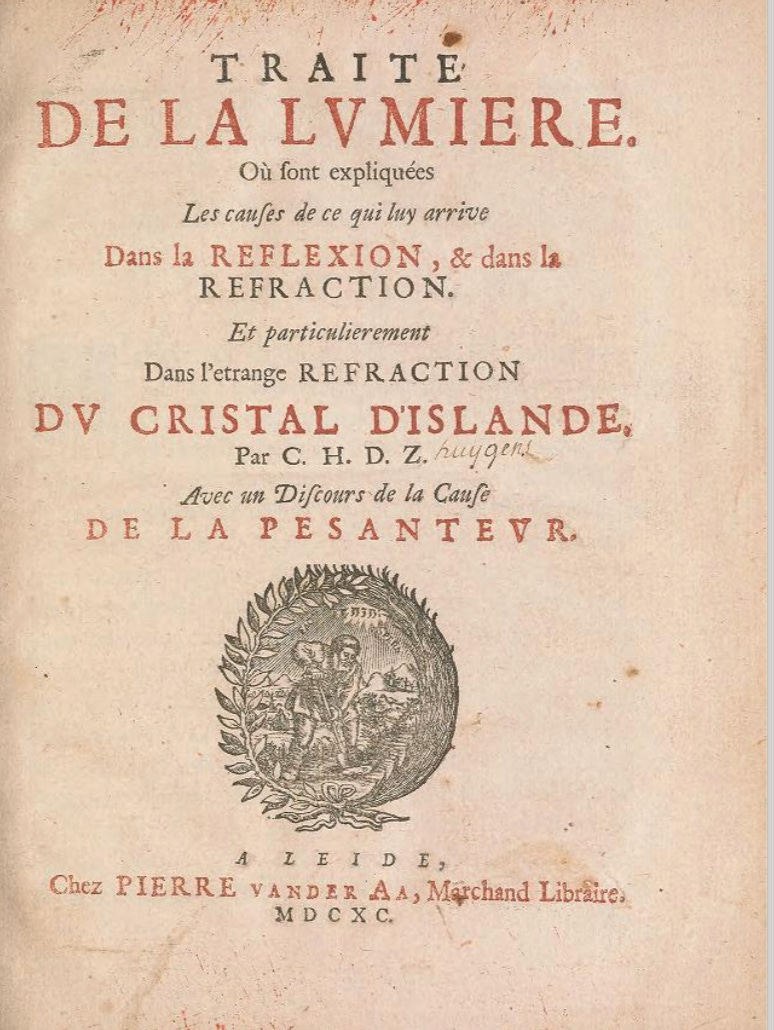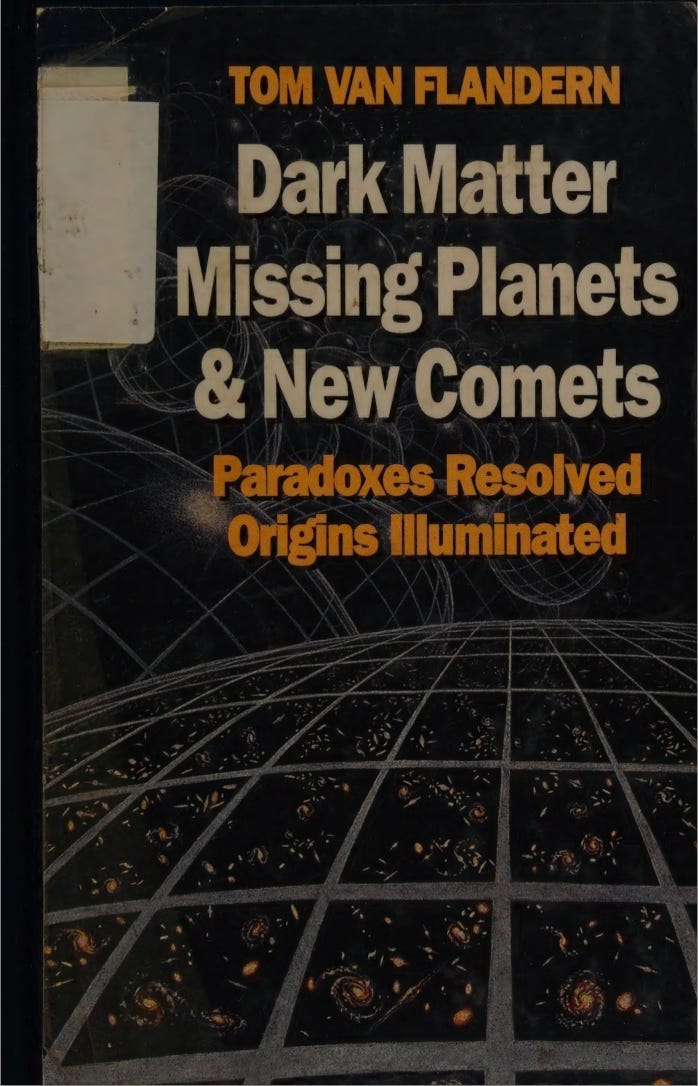Is the universe infinite, or is it finite? Some of the finest minds of history have addressed these questions. And by infinite and finite, are we referring to time, to space or to scale, or to a combination thereof? In this summary post, I am gathering my posts on these questions in order to make them more accessible, both for my readers and myself. As I write more about these topics, I will add to this post.
Giordano Bruno Revels in an Infinite Universe
Giordano Bruno (1548-1600) was an outspoken proponent of a universe infinite in space. I wrote two posts about this incredibly complex character.
This post begins with my coming across an interesting statue of Bruno in Bogotá, and compared it with statues of him in Berlin and in Rome, where he was burnt at the stake. I quote a passage of Hilary Gatti, who taught English literature at La Sapienza University in Rome; she spent much of her life researching and translating Bruno, and recounts the first time she read him, convincing herself instantly, and never putting into question this conviction, that Shakespeare himself had read Bruno.
Bruno spent some time in London, and while there wrote six works in Italian, three of which can be said to pertain to science. Bruno clearly explains his support for Copernicus, but complains that the latter did not reach the logical conclusion, namely that our solar system is just one of an infinite number of such systems. Bruno explicitly states that the Universe is infinite in extent, and also insists, channelling Parmenides, that the Universe is One.
Johannes Kepler Rejects an Infinite Universe
Johannes Kepler (1571-1630) was Imperial Astronomer of the Holy Roman Empire, and is best known for his three laws of planetary motion. I have written several posts about him, and in this particular one, I focus on the fact that he considered the idea of an infinite universe to be horrifying.
Nicholas of Cusa Argues for an Infinite Universe
Nicholas of Cusa (1401-1464) was one of many authors to work with the expression “An infinite sphere whose center is everywhere and whose circumference is nowhere”. I wrote two posts on this topic.
For this post, I was able to acquire a book by Ernest Jovy (1859-1933) entitled “The Infinite Sphere of Pascal”, who traced this expression and the evolving interpretations thereof, all the way from Alain de Lille (1128-1203) to Blaise Pascal (1623-1662).
Cusa himself supported the idea of a universe that was infinite in extent. He called the universe “privately infinite” because it was a creation of God, hence its infinitude was lesser than that of God himself.
A Universe Infinite in Scale
A universe infinite in scale is one with an infinite set of levels of granularity. I have written two posts addressing this possibility.
One of the best known contributions of Christiaan Huygens (1629-1695) was his wave theory of light. When I was writing thereon, I came across a passage in which he proposed that the aether through which light waves propagate was itself made up of an infinite set of successively finer particles.
The U.S. astronomer Tom van Flandern (1940-2009) went even further, and explicitly proposed a universe infinite in five dimensions: one for time, three for space, and one for scale. His intent was to avoid action-at-a-distance at a lower level being used to explain interactions at a higher level.
If you wish to donate to support my work, please use the Buy Me a Coffee app.








If the universe is infinite, why is the sky dark?
Joyful reading.